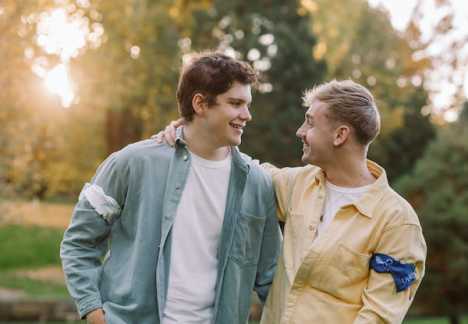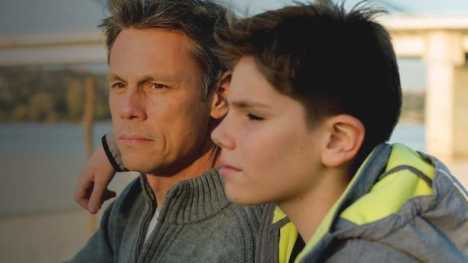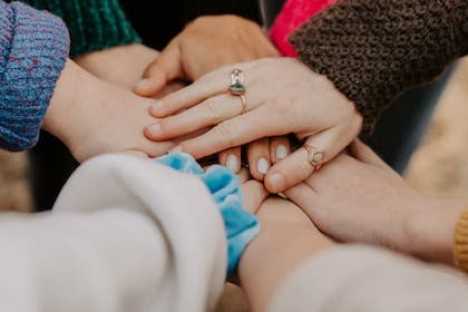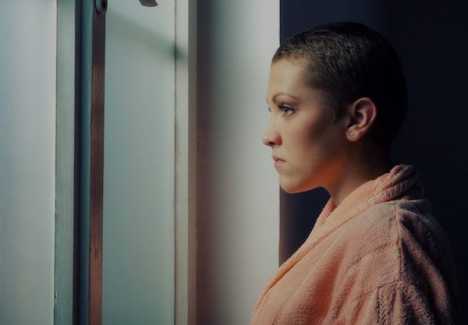
Lesbian, gay, bisexual, transgender, queer (LGBTQ+) and other young people with diverse sexualities and genders have unique health needs and concerns when diagnosed with cancer.

Integrating the memory of your departed loved one into the festivities can foster a sense of togetherness. Here are some thoughtful suggestions to infuse their spirit into your celebrations this year...

If you’ve moved into adulthood, you’ve probably already taken on more responsibility and control of your life through significant changes such as moving out of the family home and starting study or work. This growing independence may have shifted your relationship with your parents or carers.

During cancer treatment, you might not have had the time or energy to think about much more than surviving. But when your treatment finally ends, what do you do now?

Work is an important part of life – and not only for the money. Returning to work can help you to regain your confidence and independence and bring back a “normal” routine that gives you something to focus on other than cancer.

Everyone experiences confidence and body image issues at some time in their life, particularly as a teenager and young adult. Your cancer experience can change how your body looks, feels and works and can make things even worse.

Many young people who have been through cancer treatment feel it’s important to go back to school or study as soon as possible. But if you have been away for a long time, it’s normal to feel nervous as well as excited about going back to school.

Travelling with cancer? Prepare for your trip with our guide on vaccinations, medication, medical records, and insurance considerations.

Cancer treatment not working? Canteen provides counselling, resources, and connections to help you navigate these challenges.
Support Canteen. Change lives.


You can support Canteen by making a donation, holding a fundraising event, volunteering or getting your organisation involved.





